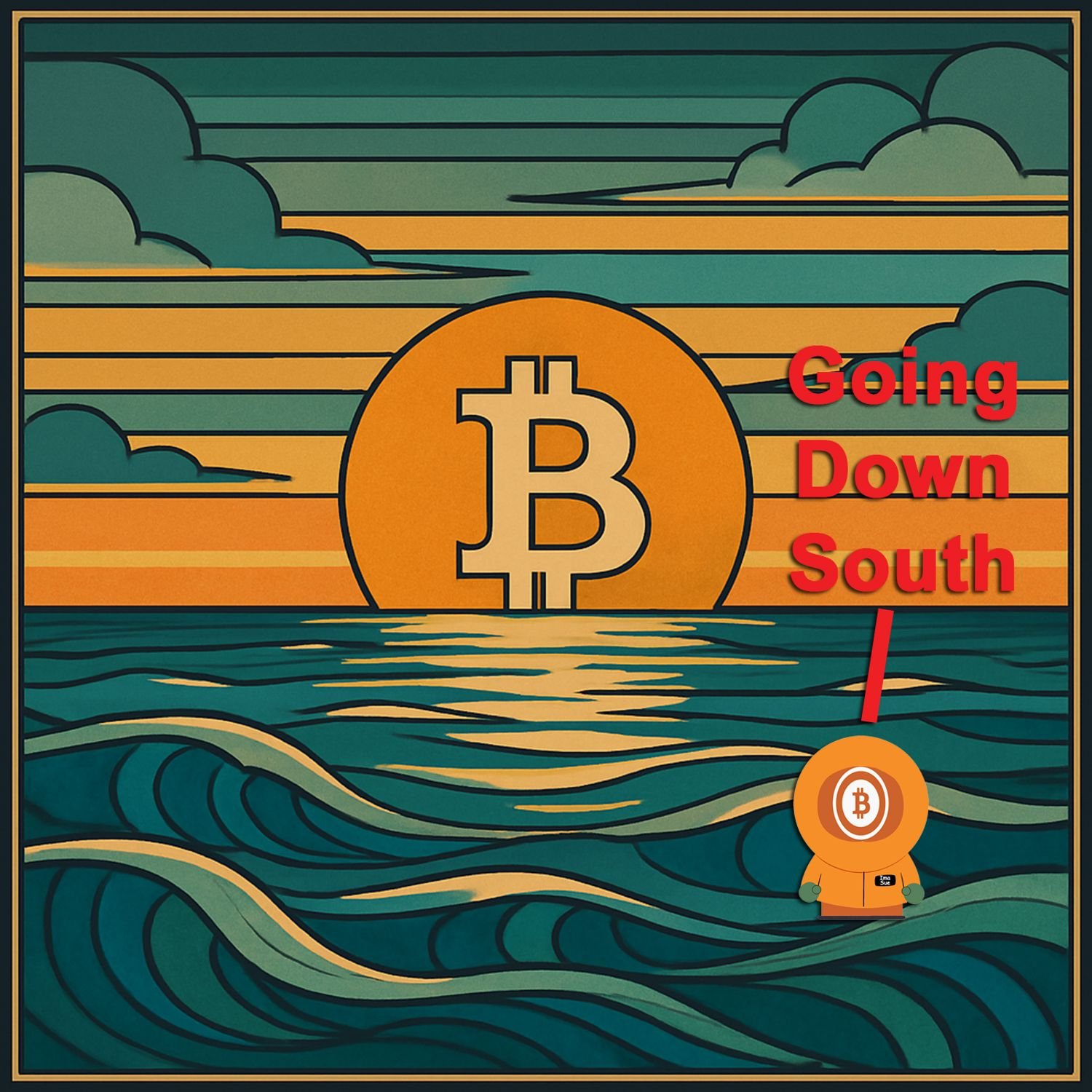8-26-2025
Google cracks down on sideloaded apps. Certificates loom as the next barrier. Liberux Linux phone offers a hopeful alternative. Costa Rica builds a thriving Bitcoin Jungle economy. Bitcoin circular economies enable true monetary sovereignty.

Google finally made its move. They’re rolling out developer verification for sideloaded Android apps, so if you thought sideloading was your last bastion of freedom, think again. Starting next year, developers will have to cough up their legal name, address, phone number, and email just to build outside the Play Store. The excuse? Security. The reality? Another notch in the slow choke of what little openness we had left. They could have just slapped a waiver on the phone: “Hey buddy, sideload at your own risk.” But no, they went full ID check.
And don’t think this ends at paperwork. The next step looks obvious. Certificates. Imagine you grab an APK from GitHub, and your phone refuses to install it unless Google has blessed it with a little cryptographic permission slip. That’s where this is headed. Developers like Calle, the guy who ported BitChat to Android, aren’t handing over their personal details to a megacorp. Which means one day, you won’t even be able to load his app without the proper certificate. And the only way to get one will be by doxxing himself to Google. Fat chance
But there’s a glimmer of hope. A Linux-based smartphone project called Liberux is bubbling up. It promises modular hardware, replaceable parts, up to 32 gigs of RAM, two terabytes of storage, and a Debian-based OS. Swap out your modem, upgrade your storage, or just keep the thing running instead of tossing it every two years. If it actually ships, it could be the kind of alternative we need: phones that don’t bend the knee to Apple or Google. Of course, it’s still in development, but the idea of a true Linux phone aligns perfectly with the ethos we’re building on Bitcoin and Nostr.

Speaking of Bitcoin, Costa Rica has quietly become a BTC circular economy. Bitcoin Magazine profiled Bitcoin Jungle, a grassroots effort led by expats, locals, and digital nomads in the so-called Golden Triangle. They’ve built their own Lightning wallet, onboarded merchants, and created a community where sats flow directly from hand to hand. From yoga retreats to coffee shops, people are living with Bitcoin instead of just stacking it.
That ties back to something bigger: sovereignty. Bitcoin circular economies are about deciding value face-to-face, without a third party setting the exchange rate. I don’t need Coinbase to tell me what one Bitcoin is worth if I agree with a farmer that his ten acres of Costa Rican land is worth exactly one coin. That’s how it used to be before fiat turned every transaction into a price discovery exercise controlled by governments and markets.
So here’s where we are. Google is locking down the rails. Liberux is trying to build new ones. Costa Rica is proving what grassroots adoption looks like. And Bitcoin circular economies keep showing us how sovereignty can be lived, not theorized. If we don’t build, we’re stuck with gatekeepers. If we do build, we route around them.
Circle P Vendor: PeonyLaneWine
Naked wine. No additives. Colorado-grown. Pay in Bitcoin.
Tell @BenJustman the plebs sent you with code BitcoinAnd.





Member discussion: